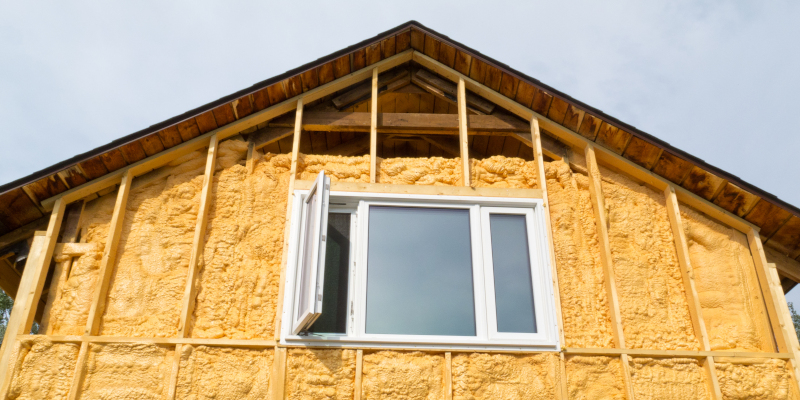Study reveals why retrofitting homes will be difficult for low income households

- Recently announced retrofit measures will not be enough
- Increasing concern that there may be a new cohort of people considered energy poor
Researchers at University College Cork (UCC) examined the views of 120 households with low disposable income who are clients of the North Dublin Money Advice and Budgeting Service (MABS) to ascertain if they could engage with Government supports to retrofit homes.
The analysis, conducted prior to the recent Government announcement on retrofitting, found;
- Over a third of those surveyed did not qualify for free upgrades and were already financially squeezed with no scope to engage in upgrades.
- Inadequate disposable income emerges strongly as a key barrier to engagement with retrofitting schemes for these households.
- A little under two thirds of those surveyed qualified for free upgrades but a mere 8% had availed of the supports, mostly in the form of lagging jackets, low energy light bulbs and attic insulation.
- Less than a third of all low disposable income households were aware of the availability of retrofit grants.
- Promisingly, almost all households had changed aspects of household energy consumption behaviour, such as turning off the heating, turning off lights, taking shorter showers and switching off unused devices, showing a strong awareness of strategies to reduce energy consumption and a willingness to engage.
“While the revised measures announced yesterday (8th February) are welcome and extend the eligibility criteria for free upgrades somewhat” she said, “this won’t be enough support for some. More emphasis needs to be placed on one-to-one advice and assistance to help people to engage. It is also highly likely that the cost will continue to be out of reach for those with low disposable income, including those who are overindebted.”
On 16th February UCC, MABS and St Vincent De Paul will host a webinar - Enhancing the Transition to Energy Citizenship for Households with Low Income and Low Disposable Income – which is available to members of public who wish to find out more information on supports available to retrofit homes.
Commenting Gwen Harris, North Dublin MABS regional manager stated:
"As the climate change conversation continues, MABS is increasingly concerned that there may be a new cohort of people considered energy poor. Promoting energy-efficient practices with our clients supports MABS's holistic approach and sustainable budgeting responsibilities. Not all MABS clients can afford to participate in the climate action agenda and therefore may find themselves paying more for energy in their home.”
This research project was funded by the Irish Research Council.
